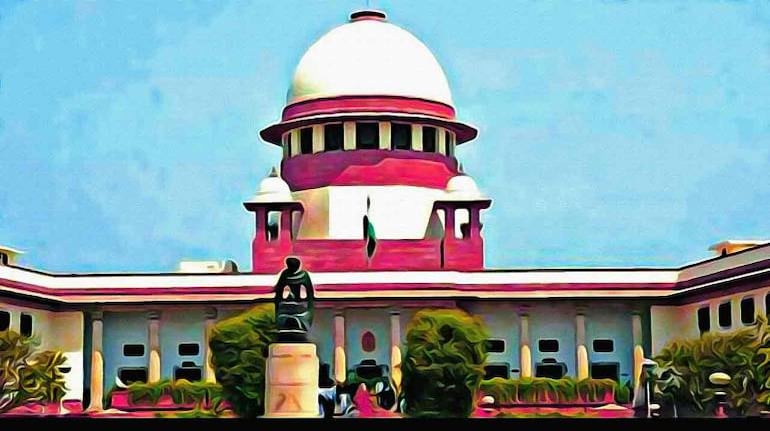



The Supreme Court, on April 12, dismissed a writ petition by former Uttar Pradesh Waqf Board Chairman Syed Wasim Rizvi, who sought removal of certain verses from the Quran for allegedly “preaching violence against non-believers.”
A bench headed by Justice RF Nariman dismissed the petition as “absolutely frivolous,” LiveLaw reported.
Justice Nariman opened the hearing by questioning if Rizvi was “seriously pressing the petition,” to which Rizvi’s lawyer, Senior Advocate RK Raizada replied that he was “confining the prayer to the regulation of Madrassa education” and submitted literal interpretations of the verses which “preached violence against non-believers and can lead to indoctrination of children.”
Raizada also asked for the central government and Madrasa Boards to be “called upon to ensure what steps are taken to avoid literal teaching of the verses advocating violence.”
The bench; however, declined to hear the petition and dismissed it with Rs 50,000 cost.
Rizvi’s plea was in regards to 26 verses from the Quran, which he claimed provide Islamist terrorist groups with “justification” to attack non-believers and civilians.
The verses in question were: Verse 2 Surah 191, Verse 3 Surah 151, Verse 4 Surah 56, Verse 4 Surah 89, Verse 4 Surah 101, Verse 5 Surah 51, Verse 5 Surah 14, Verse 5 Surah 57, Verse 8 Surah 65, Verse 8 Surah 69, Verse 9 Surah 5, Verse 9 Surah 14, Verse 9 Surah 23; Verse 9 Surah 28, Verse 9 Surah 29, Verse 9 Surah 37, Verse 9 Surah 58, Verse 9 Surah 111, Verse 9 Surah 123, Verse 21 Surah 98, Verse 32 Surah 22, Verse 33 Surah 61, Verse 41 Surah 27, Verse 41 Surah 28, Verse 48 Surah 20 and Verse 66 Surah 9.
Rizvi’s petition said that Islam is based on concepts of equality and tolerance but is “drifting away from its basic tenets” due to “extreme interpretation of the said verses … and is now identified with militancy, fundamentalism, extremism and terrorism.”
He also alleged that several Madrasas are “making contribution to Muslim terrorist activities” and “poisoning young minds in the name of Allah.”
In a similar petition filed by Chandmal Chopra in the Calcutta High Court in 1987, the court had also dismissed the petition and held that it cannot sit in judgement of the Quran or its contents in any legal proceedings as such “adjudication of the religion itself is not permissible,” similar to how theories of philosophy or of science or scientific principles cannot be adjudicated on.
It had also held: “Any attempt to impugn Koran in the manner as has been sought to be done would infringe the right to freedom of religion including the right to profess, practise and propagate religion.”
“We take note of the fact that the Koran has been accepted as a holy through the ages. It is read, followed, published and distributed in all civilised countries of the world. There has been no interference with Koran either in India or in any other country up till now. It is too late in the day for the writ petitioners to contend that publication and propagation of Koran would cause disharmony between communities and religions and the tenets of Koran constitute an insult to other religions or communities,” it had stated.
Discover the latest Business News, Sensex, and Nifty updates. Obtain Personal Finance insights, tax queries, and expert opinions on Moneycontrol or download the Moneycontrol App to stay updated!
Find the best of Al News in one place, specially curated for you every weekend.
Stay on top of the latest tech trends and biggest startup news.